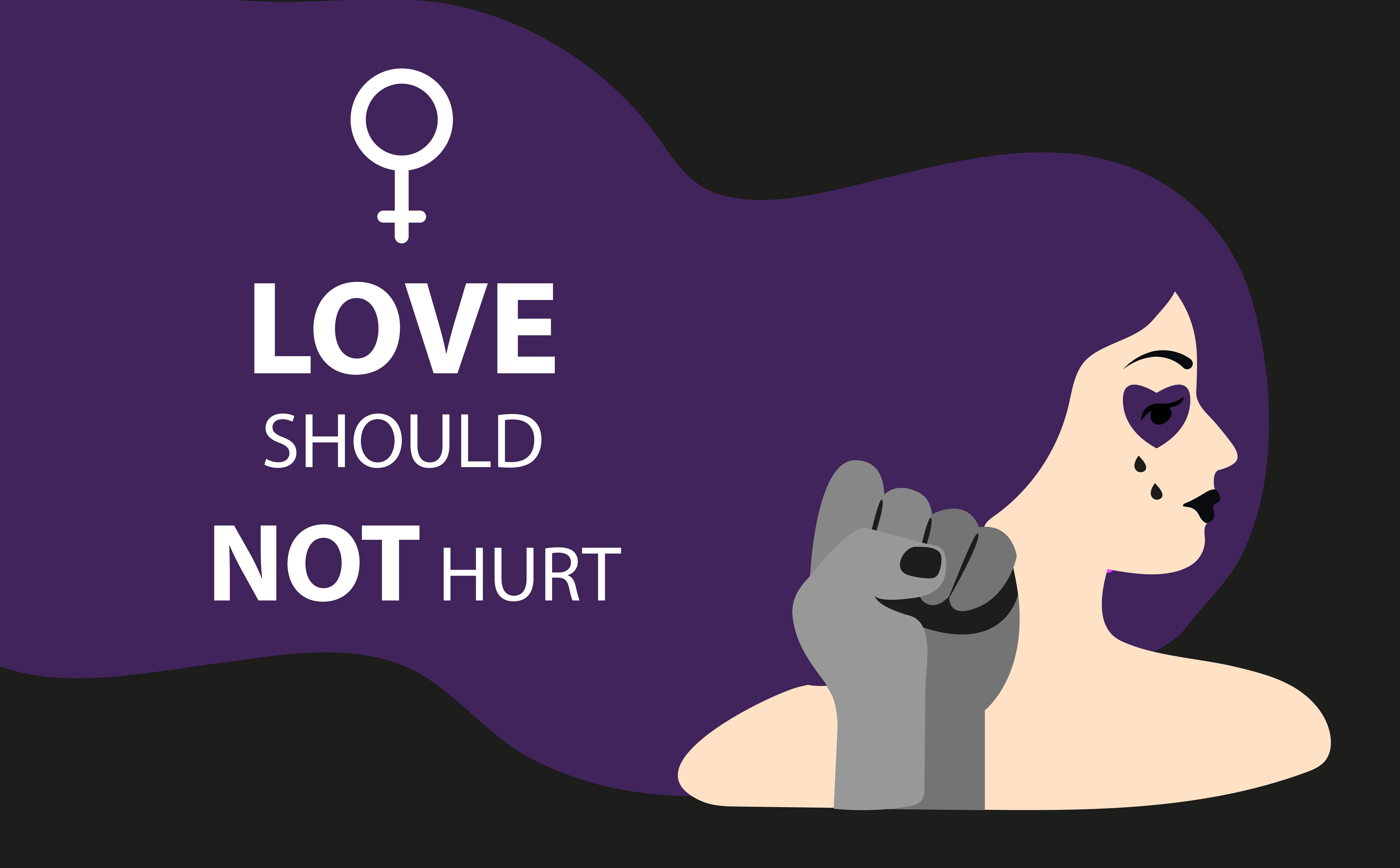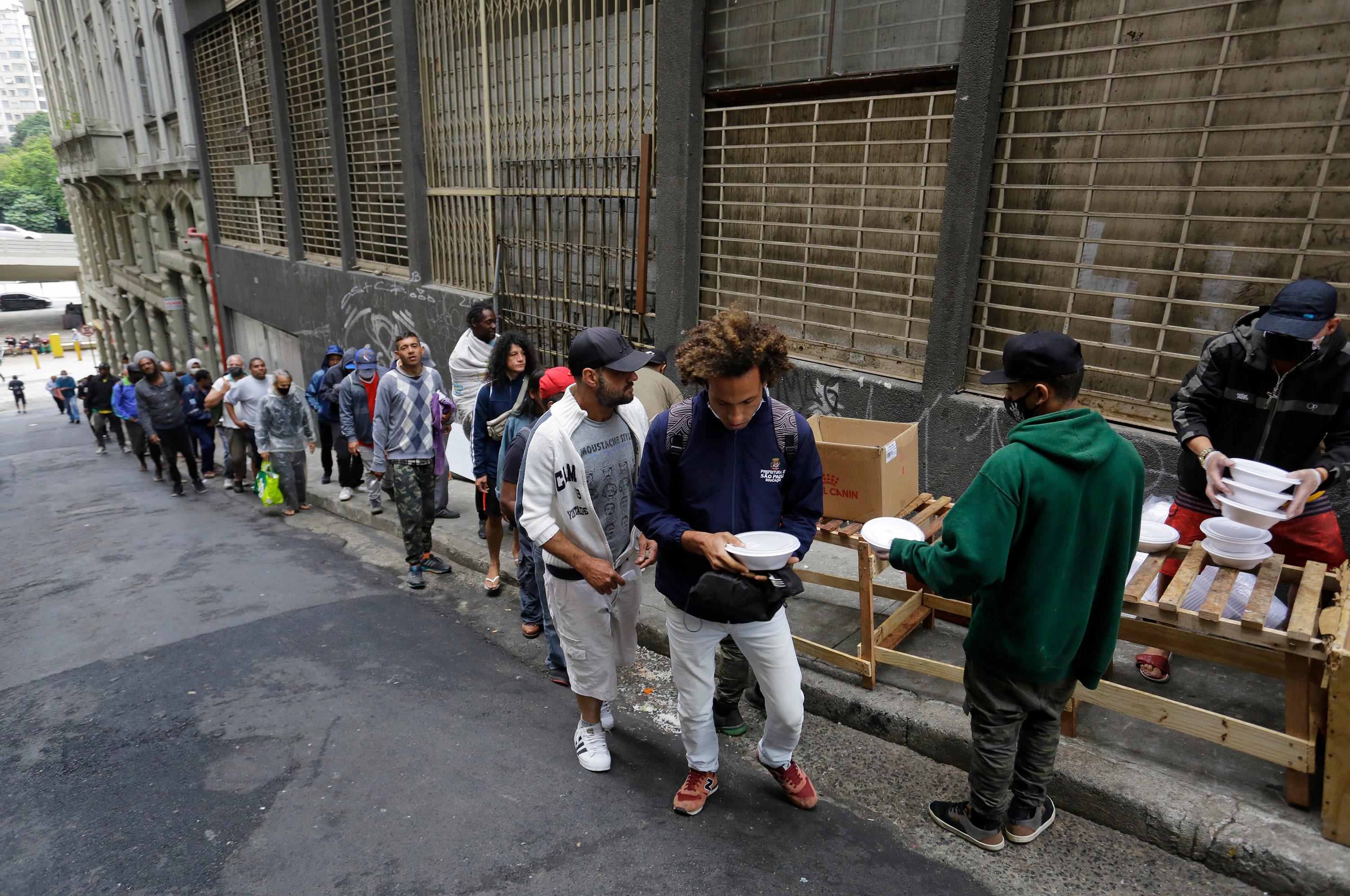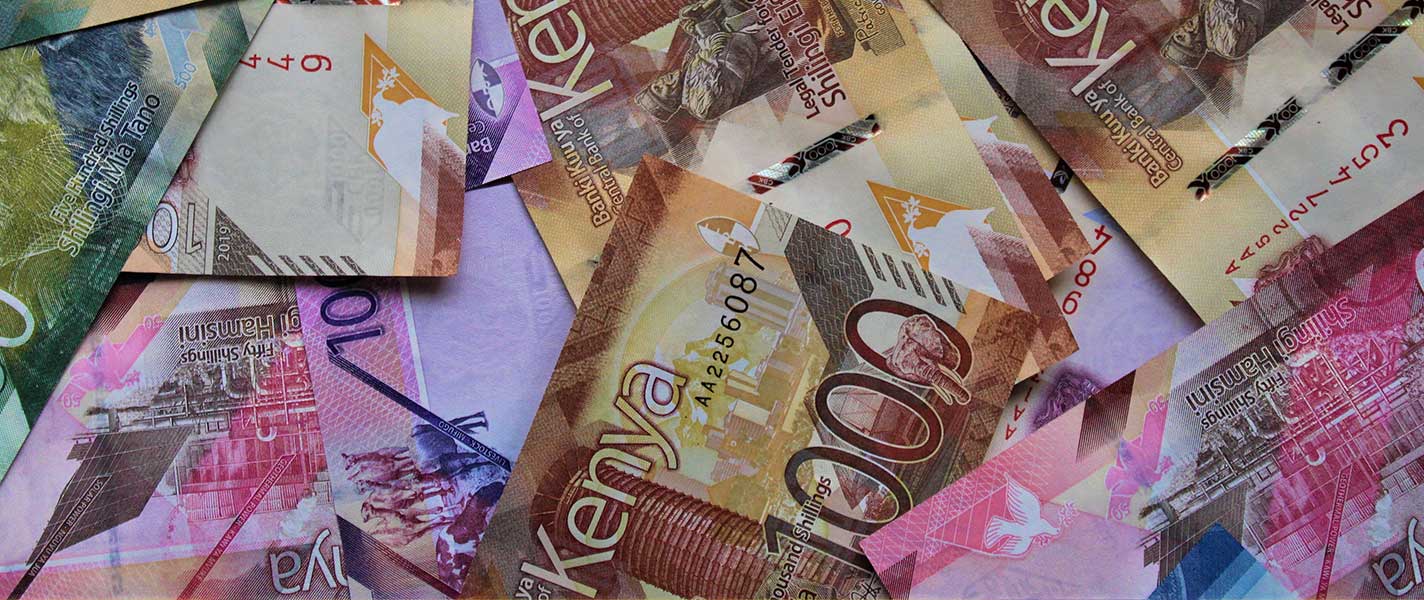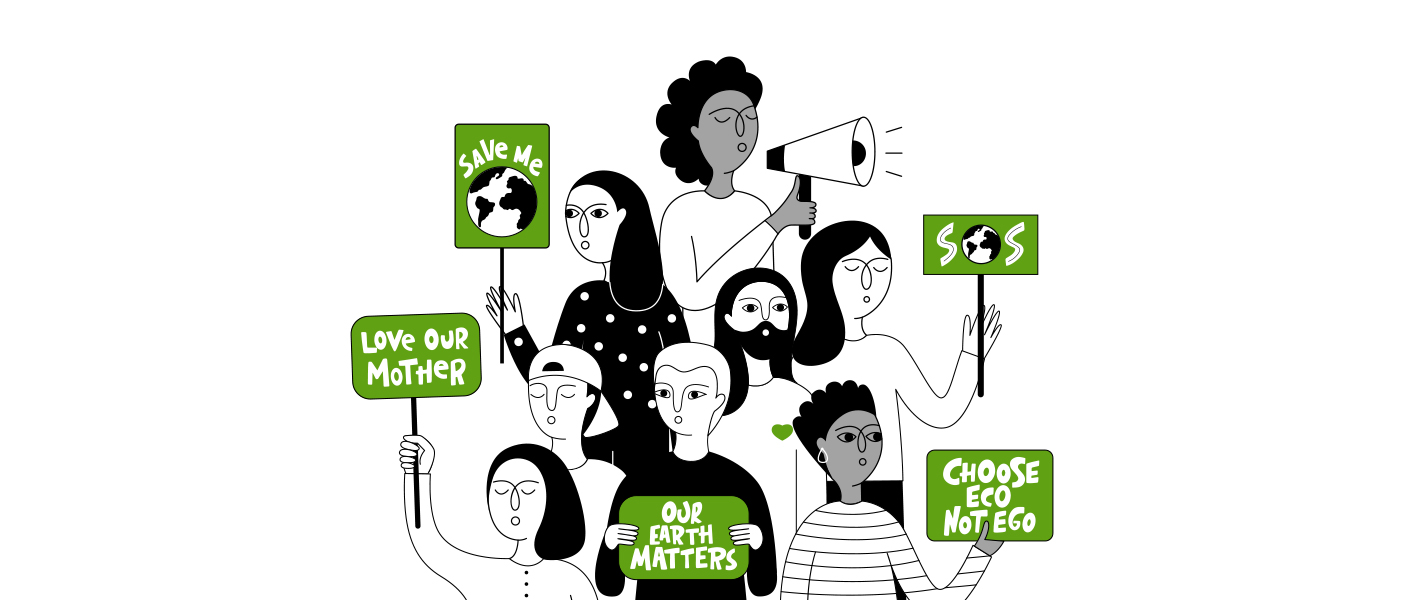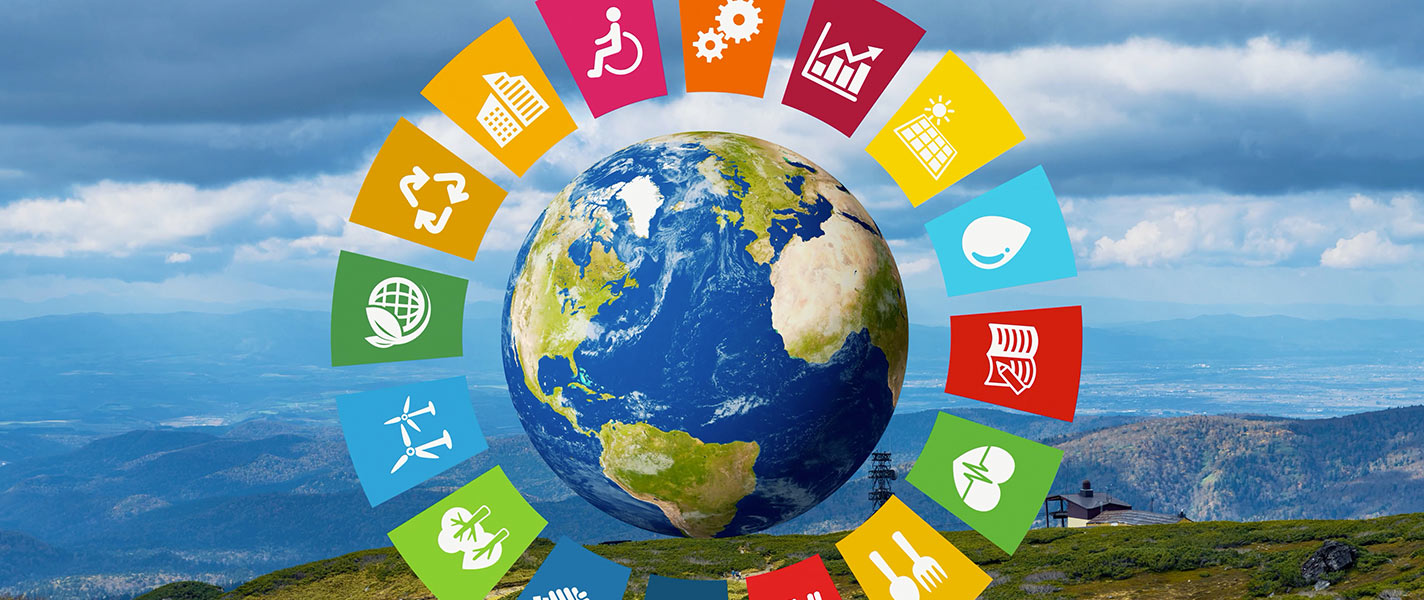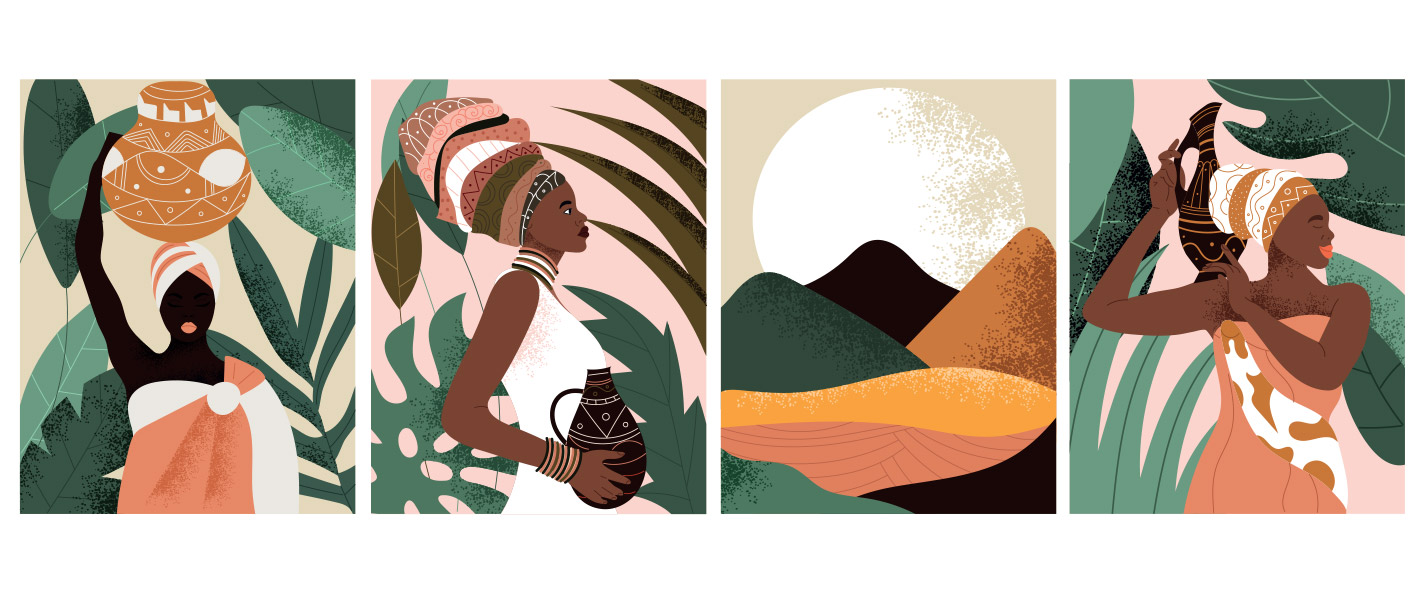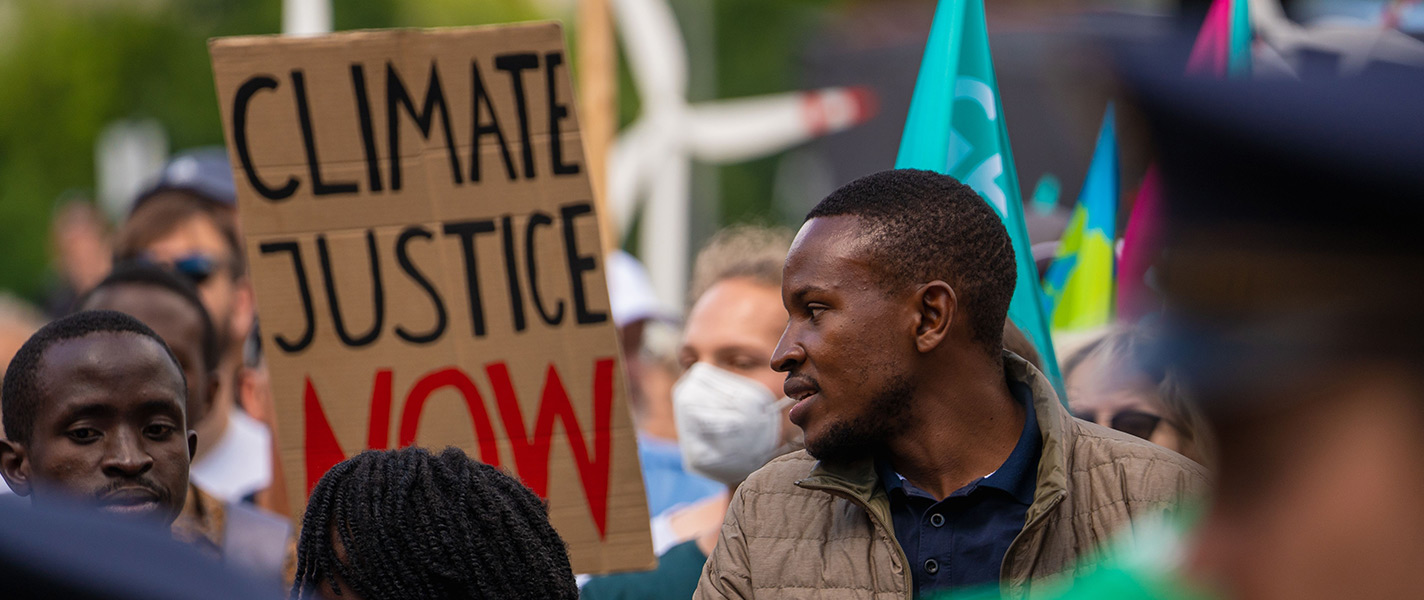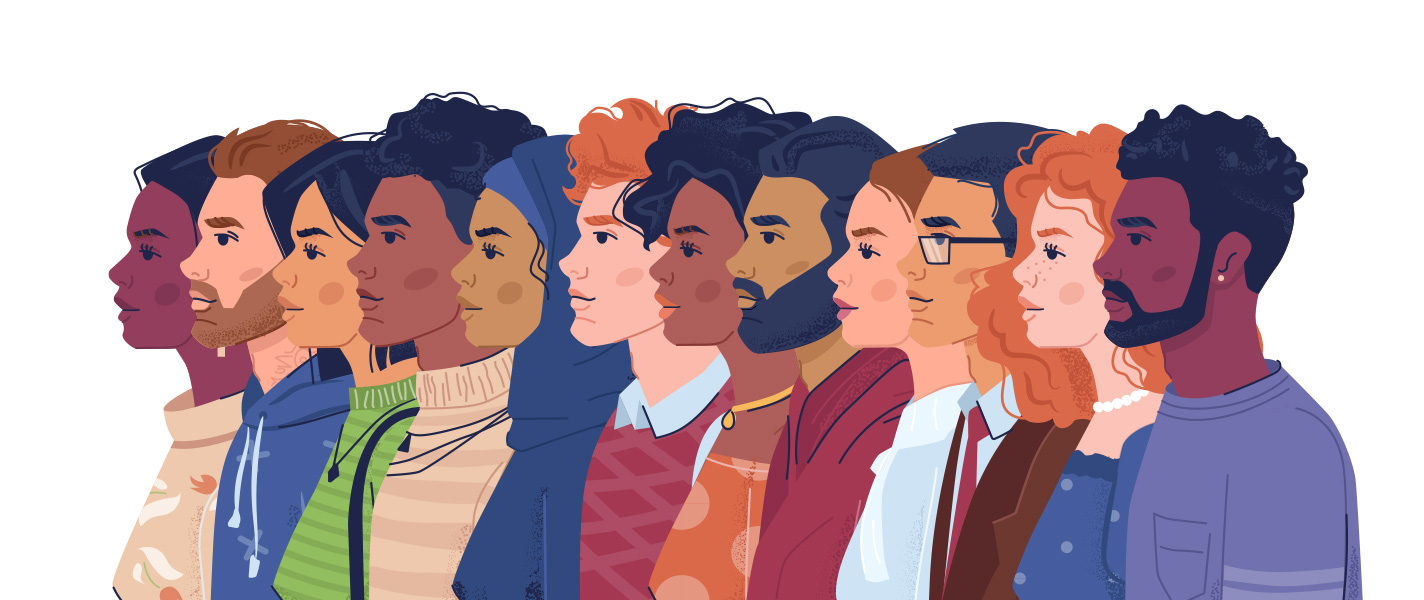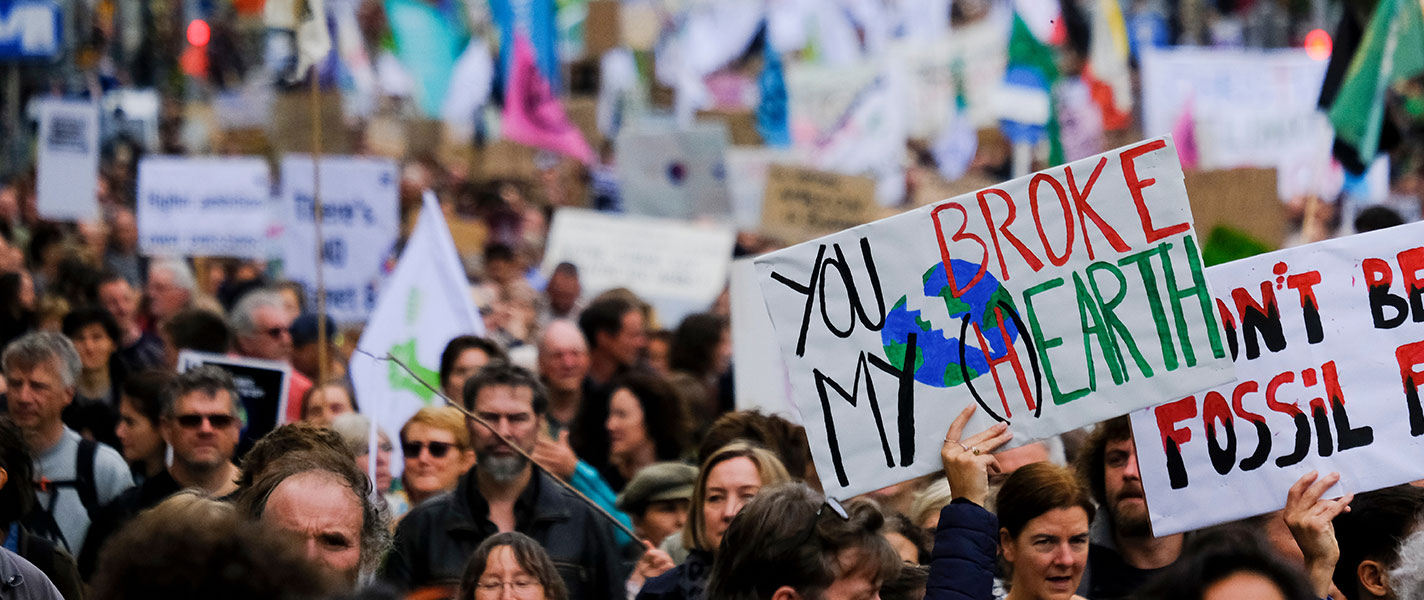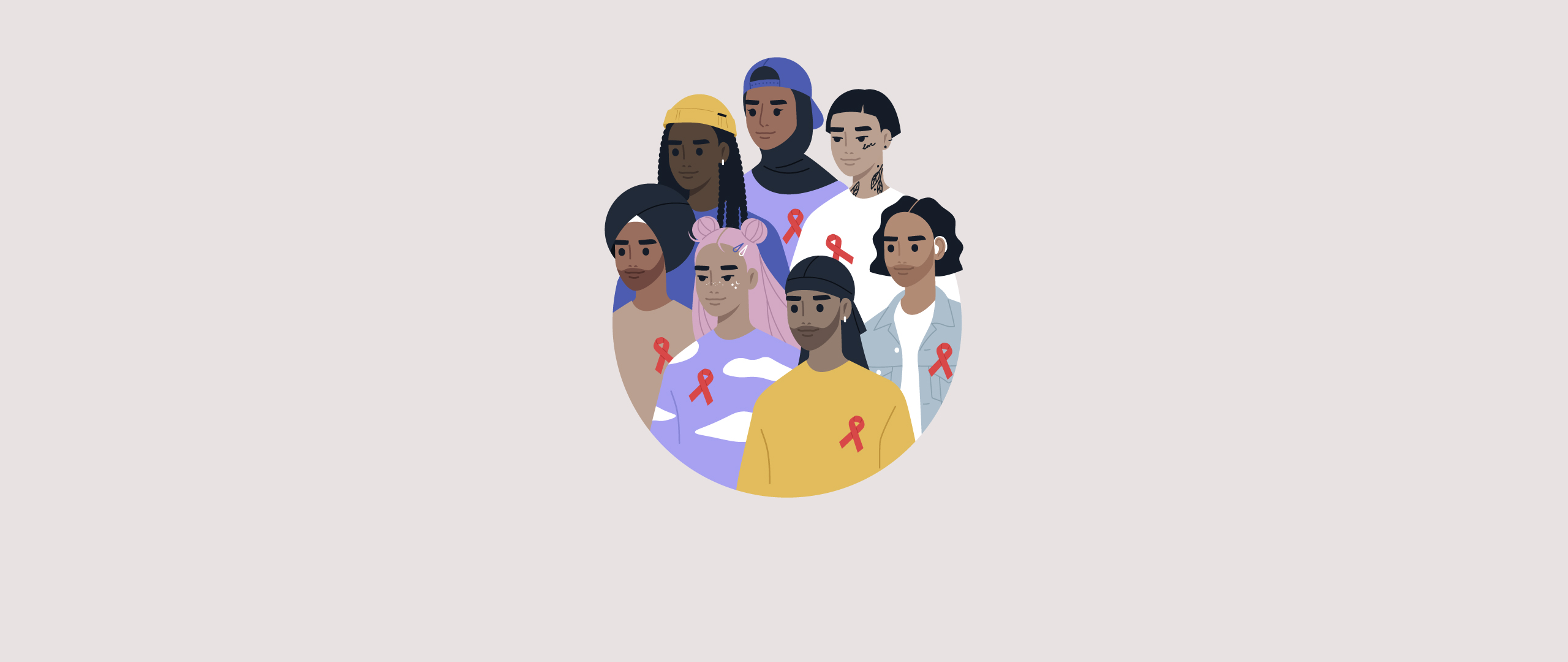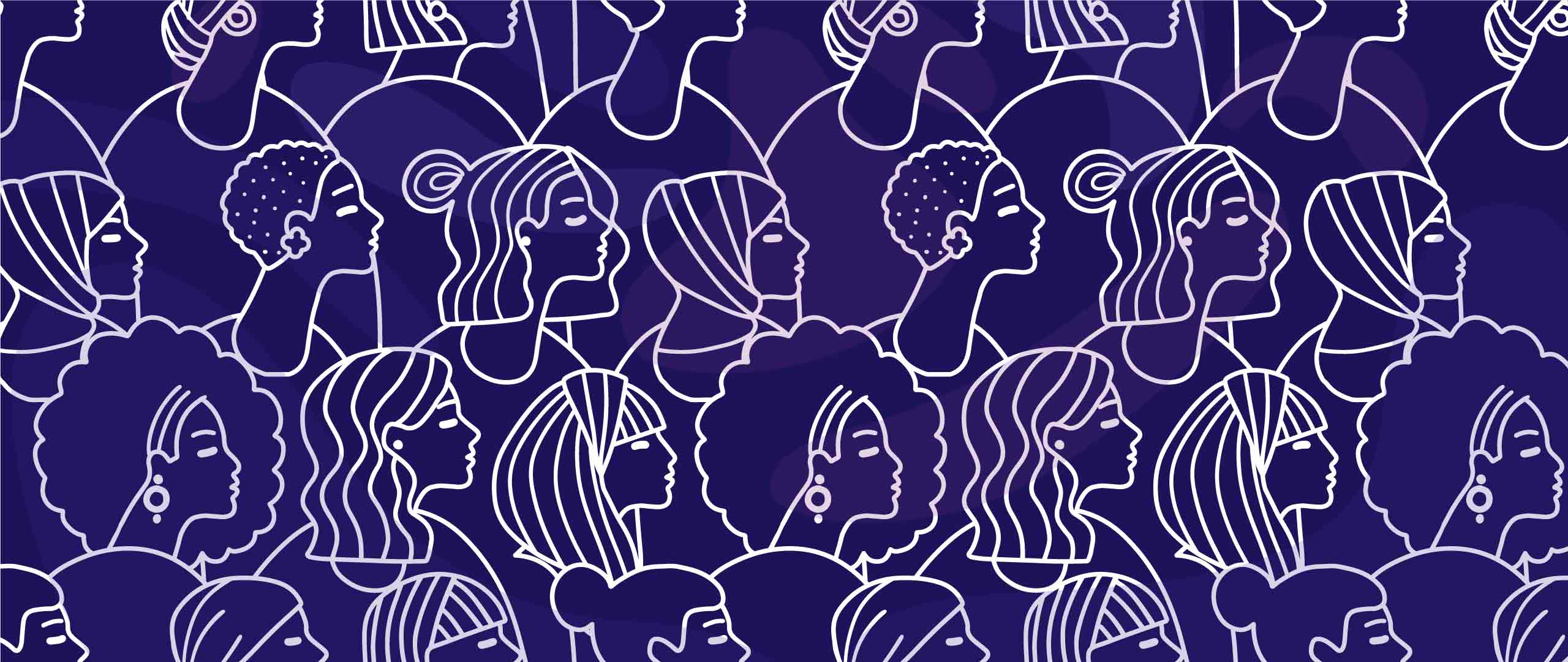CRYPTO TO BRIDGE THE GAP, NOT DEEPEN IT
After centuries of developments in the healthcare space, there are still a lot of health threats that prevent hundreds of millions of people from living longer lives. While life expectancy jumped in Europe from 70.05 years in 1972 to 78.33 years in 2022, Africa is still lagging at 63.82 years in 2022.
One main reason for this gap is the so-called Neglected Tropical Diseases. These are diseases that are common in tropical areas and are neglected by the healthcare private sector due to the low purchasing power of the population most affected by these diseases, and thus the low potential return on investment of research and development to find treatments and vaccines for them.
While neglected tropical diseases are starting to gain some attention, like that of the United Nations and World Health Program, the poorest countries are facing a lot of economic challenges driven by similar neglect due to low return on investment by the private sector. Many of these challenges can be solved, or at least mitigated, by the power of technology and finance’s middle child: crypto.
Neglected Financial Diseases
The IMF’s Financial Access Survey shows a very low availability of banking services in Nigeria, with less than 15 ATMs and 5 commercial banking branches per 100,000 adults. These numbers are very worrying in comparison to some European nations, such as France where there are more than 89 ATMs and 33 commercial banking branches per 100,000 adults.
The lack of banking services doesn’t just mean fewer people paying by card instead of cash. The consequences are much deeper, as it means fewer funding opportunities and financial instruments for small and medium enterprises, people’s inability to prove their financial history, and hardships facing government efforts to fight tax evasion, money laundering, and other financial crimes.
It’s a lose-lose situation. The government is unable to put the economy on a growth track, due to most of the economic activities happening in the ‘shadow’, while citizens are unable to fund anything without savings, whether it is a small business or just a car or a motorcycle to ease commute to work. This way, economic growth can’t be sparked from above (the public sector) or from below (the private sector, especially SMEs).
While financial corporations are taking risks that have literally led to global financial crises in the past, they don’t seem to be willing to take the risk of serving retail clients and SMEs in developing countries. In other words, the centralization of decision-making in the global financial industry is standing in the way, and that brings to mind the one new player in the financial arena promising to decentralize everything: cryptocurrencies.
The Decentral Centralized
Since the dawn of cryptocurrencies, there have been two notions that are still somehow in conflict: The first one, which seems to be winning the battles lately, is that of cryptocurrencies as assets or alternative investments, that can make those who own them rich in the future. The last few years have proven this notion to be fragile, and questionable.
The second, which was the main purpose of creating this technological wonder, is that of cryptocurrencies and blockchain as a tool to move money and other assets of value around the internet with no intermediaries, or as the Bitcoin whitepaper phrases it: “A purely peer-to-peer version of electronic cash would allow online payments to be sent directly from one party to another without going through a financial institution.”
This notion has developed after the foundation of Ethereum – the second biggest cryptocurrency in total market capitalization – and the “smart contracts revolution” it brought along. Blockchain has become all about decentralization, whether it’s apps, NGOs, social media, or finance, any kind of activity you can do online, is now decentralizable thanks to blockchain technology.
Some governments are trying to capitalize on blockchain technology, though in the much less decentralized form of central bank digital currencies (CBDCs), with the most prominent ones in place already being the Nigerian eNaira and Chinese eYuan. In addition to China and Nigeria, there are over 80 countries that say they’re considering, or started testing already, the idea of CBDC, but there’s a catch.
The main idea of crypto finance, or DeFi (Decentralized Finance), is to eliminate the intermediary role of conventional financial institutions, like banks, which are responsible for the limited access to financial services, and charge a lot of fees, not to mention the bureaucracy that leads to a lot of delays. When you borrow money from the bank, you’re technically borrowing from the bank’s depositors, and the bank is just the middleman. When you transfer money to someone else, the money is technically going through a bank, or several banks, that take their cuts and mostly cause delays, especially with cross-border wire transfers.
With DeFi this intermediary function is obsolete, and people from all over the world exchange these services freely, with the help of smart contracts that automate the functions usually performed by banks, and eliminate the human bias element usually involved in banking decision-making.
What CBDCs are doing is simply using blockchain technology, but bringing back the centralization element. In other words, it’s not eliminating the intermediary role, it’s just replacing the bank's part with that of a governmental system, and even that is not true. The eNaira wallet has four tiers, three of which need KYC verification, and two need a bank account. Without a bank account, you’re bound to a daily transaction limit of N20,000 ($25), and a maximum cumulative daily balance of N300,000 ($383), which would make this ambitious project nothing but a blockchain reflection of the lack of access to financial services that Nigerian people suffer from.
Gateway to the global economy
Crypto and blockchain technology are already being used for charity work, such as fundraising and handing food vouchers to refugees. But, the actual investment that would make it more efficient is to regulate the use of the decentralized – and most importantly global – blockchains to help citizens of under-developed countries gain access to the global lending pools for instance, or to have a digital tool to receive and make domestic and international payments, without the need for the bank business accounts, which are usually hard to get and cost a lot of money micro businesses owners can’t afford.
The potential that crypto brings to the table is not digitizing money, but rather decentralizing it. For the communities neglected by the global financial systems, it means removing the gatekeeper standing in the way of merging within the global economy.
With cryptocurrencies – the decentralized permissionless ones – freelance workers and small businesses will be able to work with clients from all over the world, without the banking limitations standing in the way. Governments will have a greater ability to access financial records through the fully transparent crypto ledgers, instead of depending on banks to provide such important information, or even trying to play the role of the bank as in the case of CBDCs, which is usually performed through outsourcing contractors.
A lesson must be learned from the existing finance gap between the developed western countries and the underdeveloped countries. Finance and banking are not a luxury or a granted outcome of economic growth, but rather a fuel for this growth. While the traditional finance gap will need a lot of work to bridge, this new form of finance is still in its infancy, and a bold policy approach, like that of the EU and UAE, is needed to make sure our communities merge early within this system and use its benefits to push economic growth further. Unlike the traditional present systems, crypto provides an ungated path towards globalization, but in a decentralized style, where rules are not bent to benefit the rich and leave the poor behind, again.










